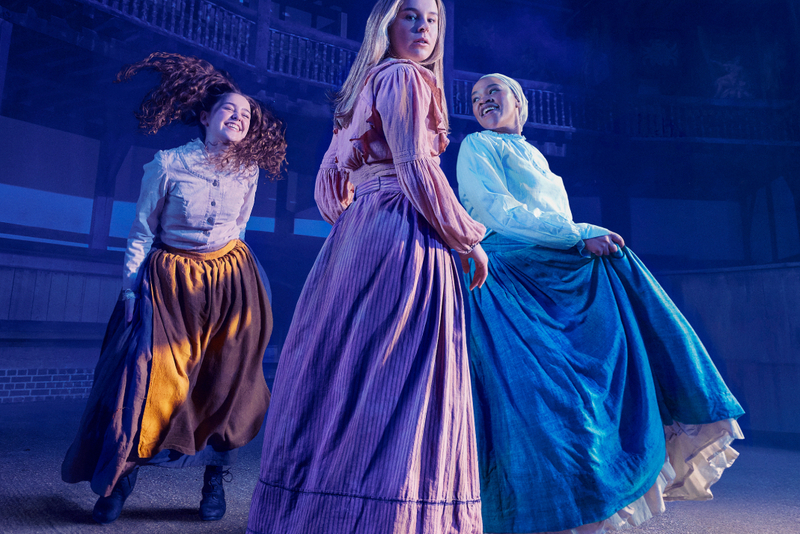Rosina, ward of the malevolent old buffoon Dr Bartolo, is held imprisoned in an upstairs room while he plans their marriage. Meanwhile, the dashing Count Of Almaviva woos her from outside her window. He hatches a plan to rescue her, and enlists the help and cunning of the local lovable rogue, Figaro, the town barber. Improbable situations and mistaken identities ensue with, as they say, hilarious results.
I’m not sure I’d recommend it to a first time opera-goer. If you’re not familiar with operatic convention or recitative (the singing of dialogue to a harpsichord accompaniment) then you’re likely to struggle, as Barber is heavy on both. But it’s also a knockabout, pantomimic comedy, and it’s surprising how well recitative can work when done with the right amount of comic panache. What’s more, Barber is full of opportunity for singers to display some dazzling vocal virtuosity and, for those of us who like this sort of thing, this is the sort of thing we like.
Barber is full of opportunity for singers to display some dazzling vocal virtuosity
There are only to be ten performances of this revival of English National Opera’s 1987 production, and it looks like ENO is using it as a vehicle for some up-and-coming young performers. Kathryn Rudge, playing Rosina, only made her professiondebut at The Coliseum in 2011 and her voice is still a little light for Rosina which makes heavy demands on the lower register. Still, she handles the coloratura (“fiddly bits”) with real agility, as does Eleazar Rodriguez as Almaviva, in a role which can be technically testing for a romantic-style tenor.
Morgan Pearse, another up-and-comer, doesn’t quite cut the mustard as Figaro, lacking the necessary vocal beef and personal charisma, and so leaving something of a vacuum at the centre of the piece. But……step forward Andrew Shore as Bartolo who bounces on stage with enough comic energy for the entire company (I think I counted six comedy double-takes in the first thirty seconds) and soon has the audience eating of his hands.
A special mention, also, to Katherine Broderick, in the potentially thankless role of Berta, the maid, who brightens the atmosphere with every appearance.
Jonathan Miller’s twenty-eight year old production is now looking a little long in the tooth, but it was a genuine pleasure to see the man himself holding court in the stalls bar and making an appearance at the curtain-call. I, for one, would like to hope we haven’t seen the last of him at ENO.

 The Barber Of Seville, by Rossini, is one of best known and best beloved of operas. It’s well known to the non opera-going public (because it has that famous “Figaro, Figaro!” aria in it), and is a staple of the repertoire of most major companies.
The Barber Of Seville, by Rossini, is one of best known and best beloved of operas. It’s well known to the non opera-going public (because it has that famous “Figaro, Figaro!” aria in it), and is a staple of the repertoire of most major companies.



 Shows like this, which feature the back catalogue of popular song writers either within a story or, as here, in a cabaret presentation, often surprise you with quite how many of their hits you know.
Shows like this, which feature the back catalogue of popular song writers either within a story or, as here, in a cabaret presentation, often surprise you with quite how many of their hits you know.